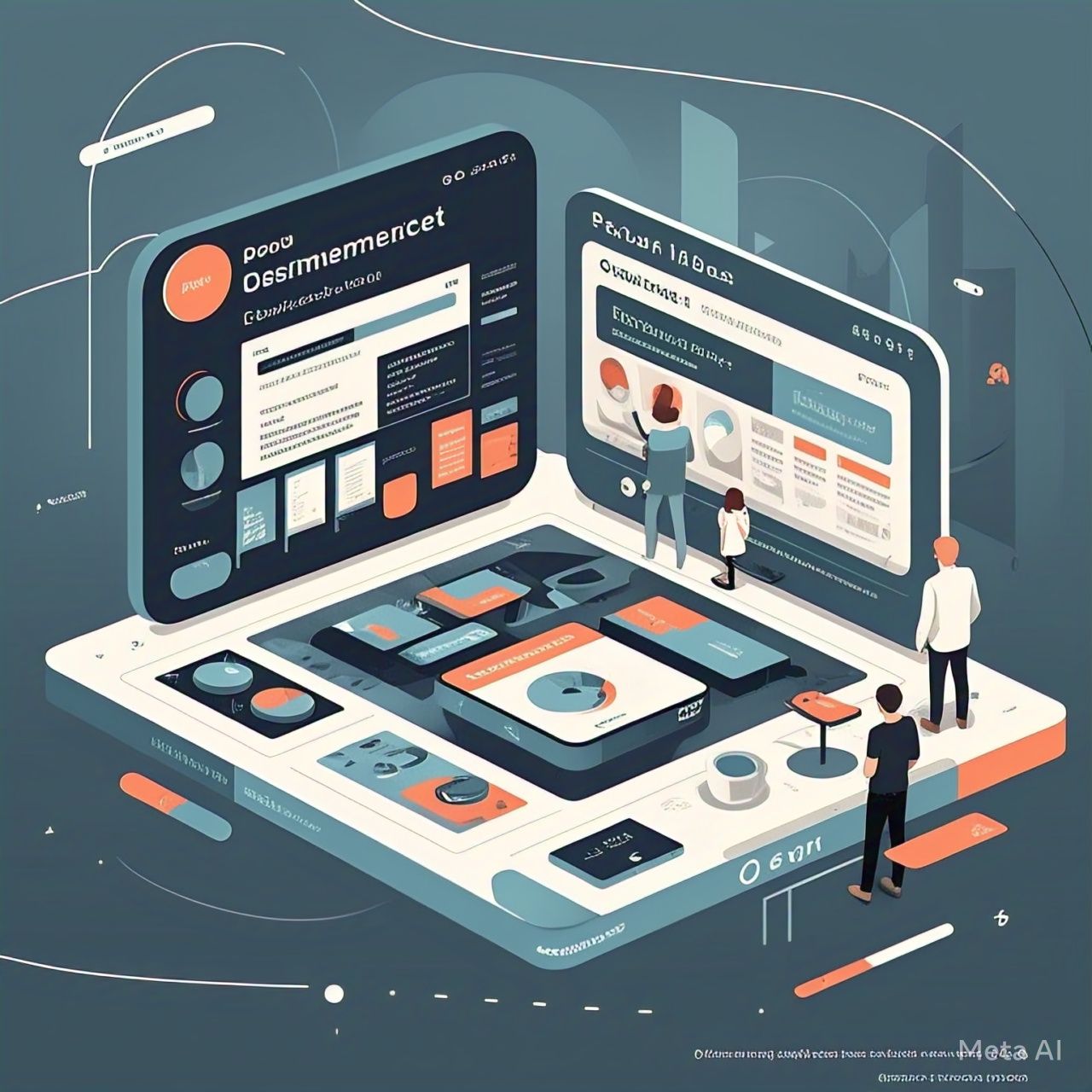Table of Contents
- Introduction
- What is Web Scraping?
- How Web Scraping Works
- Key Applications of Web Scraping in E-commerce
- 4.1. Competitive Price Monitoring
- 4.2. Product and Inventory Management
- 4.3. Customer Sentiment Analysis
- 4.4. Trend Analysis and Demand Forecasting
- 4.5. Dynamic Pricing Strategies
- 4.6. Fraud Detection and Brand Protection
- 4.7. SEO and Content Optimization
- Ethical and Legal Considerations in Web Scraping
- How to Implement Web Scraping for E-commerce
- FAQs
- Conclusion
1. Introduction
The e-commerce industry is fiercely competitive, with businesses constantly seeking ways to gain an edge. One of the most effective methods is leveraging web scraping to collect and analyze market data. By extracting valuable insights from competitors, customer reviews, and search trends, online stores can make data-driven decisions to enhance their business strategies. This article explores how web scraping is transforming e-commerce and why it is essential for staying ahead.
2. What is Web Scraping?
Web scraping is an automated method of extracting data from websites. For e-commerce businesses, it allows them to gather critical information about competitors, customer preferences, and market trends to refine their strategies.
3. How Web Scraping Works
Web scraping involves sending HTTP requests to websites, extracting HTML content, and parsing useful data. Tools like BeautifulSoup, Scrapy, and Selenium automate this process, making large-scale data extraction efficient and reliable.
4. Key Applications of Web Scraping in E-commerce
Web scraping is a game-changer for e-commerce businesses, enabling them to make informed decisions based on real-time data.
4.1. Competitive Price Monitoring
Online retailers use web scraping to track competitor pricing in real-time. By monitoring price fluctuations, businesses can adjust their own pricing strategies to remain competitive and attract more customers.
4.2. Product and Inventory Management
E-commerce stores scrape competitor websites to identify trending products, monitor stock levels, and optimize their own inventory to meet customer demand.
4.3. Customer Sentiment Analysis
By extracting reviews, ratings, and feedback from online platforms, businesses can understand customer sentiment and improve their products and services accordingly.
4.4. Trend Analysis and Demand Forecasting
Web scraping helps businesses identify emerging trends and predict future customer demands by analyzing search trends, product reviews, and social media discussions.
4.5. Dynamic Pricing Strategies
Retailers implement web scraping to analyze competitor pricing and demand trends, enabling them to adjust prices dynamically and maximize profits.
4.6. Fraud Detection and Brand Protection
E-commerce brands use web scraping to detect counterfeit products, unauthorized sellers, and fake reviews that could harm their reputation.
4.7. SEO and Content Optimization
Web scraping helps online stores track keyword rankings, analyze competitor content strategies, and optimize their own product listings for search engines.
5. Ethical and Legal Considerations in Web Scraping
While web scraping is highly beneficial, it must be conducted ethically and legally. Websites often specify scraping policies in their robots.txt files, and scraping personal data without consent can violate laws like GDPR and CCPA.
6. How to Implement Web Scraping for E-commerce
- Choose a programming language like Python or JavaScript.
- Utilize libraries such as BeautifulSoup, Scrapy, and Selenium.
- Start by scraping publicly available data before moving to more complex datasets.
- Respect website terms of service and follow ethical guidelines.
7. FAQs
Q1: Is web scraping legal for e-commerce businesses? A: It depends on website terms of service and data privacy laws. Extracting publicly available data is generally legal, but scraping private data can lead to legal consequences.
Q2: How frequently should businesses scrape competitor data? A: Frequency depends on market dynamics. Some businesses scrape daily for real-time insights, while others do so weekly or monthly.
Q3: Can web scraping be blocked by websites? A: Yes, websites implement CAPTCHAs, IP blocking, and bot detection to prevent automated data extraction.
8. Conclusion
Web scraping is a powerful tool for e-commerce businesses, offering insights that drive competitive pricing, inventory management, trend analysis, and brand protection. When used responsibly, it provides online retailers with the data needed to stay ahead in a rapidly evolving digital marketplace.




